Japanese government controllers covered two cryptographic money trades in the hotly anticipated outcome of the gigantic Coincheck hack when a huge number of dollars in computerized cash were lost.
FSA Suspends Two Exchanges
Japanese Financial Security Agency (FSA) discharged an announcement plotting administrative advances it was taking against digital money trades prior today. Most pervasive is the request that both FSHO and Bit Station incidentally suspend their business for a month beginning today March 8.
The announcement charges that FSHO “does not have a legitimate framework to screen exchanging and has not offered preparing to its representatives,” and that a worker at Bit Station has utilized client reserves for his own exchanging purposes.
Furthermore, five different trades, including Coincheck were requested to enhance their business rehearses. These means have been a long time in the coming and were provoked by the enormous Coincheck hack that brought about the loss of 530 million worth of NEM cryptcurrency money.
The hack was led to some extent to have been an aftereffect of careless security rehearses at the organization where client coins were held in online wallets making them effortlessly open to digital culprits.
At the time Coincheck said it had moved toward moving the coins to a more secure disconnected wallet yet were understaffed and hadn’t yet had room schedule-wise. The FSA looked through Coincheck’s workplaces and passed on sanctions at the time, promising more to go ahead March 8.
In spite of the fact that Coincheck has been promising to repay $400 million to every one of the 260,000 clients since the season of the hack nothing has been paid out yet and it is as yet indistinct how the assets will be found to do as such.
Digital currency trades are required to enroll with the FSA in Japan however at the season of the hack Coincheck was given a special case to work together while the FSA explored it’s application as it had grandfathered the decision.
In February seven offended parties – two organizations and five people – documented a claim against Coincheck looking for remuneration for their lost NEM coins. These activities by the FSA take after a considerable measure of hypothesis in the nation’s crypto group over security issues inside the trades. Japan has been home to the two biggest recorded hacks, Coincheck and the now amazing Mt. Gox.
A later contention over the measure of promoting that Japanese trades are occupied with demonstrated that a few organizations were reserving considerably more for boards and TV ads than for individual preparing and security conventions.
Japan is one of the main nations actualizing cryptographic money at purpose of offers with more than 10,000 business tolerating it. The nations most well known trade bitFlyer has over a million clients.



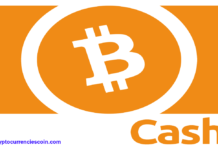




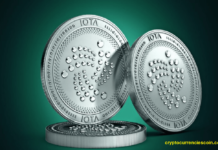


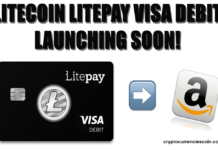


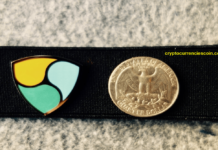



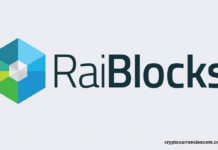


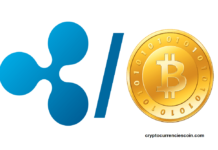



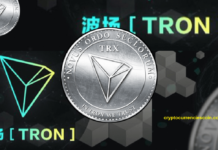
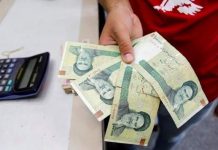


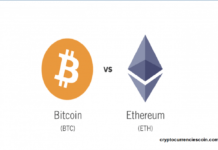


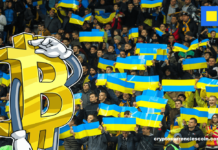
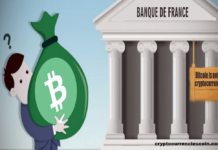


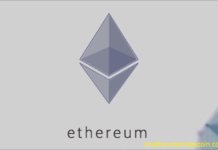



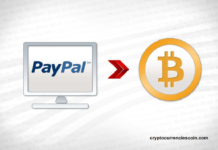


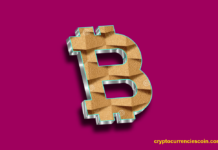


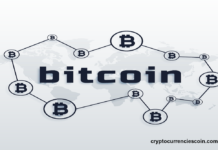
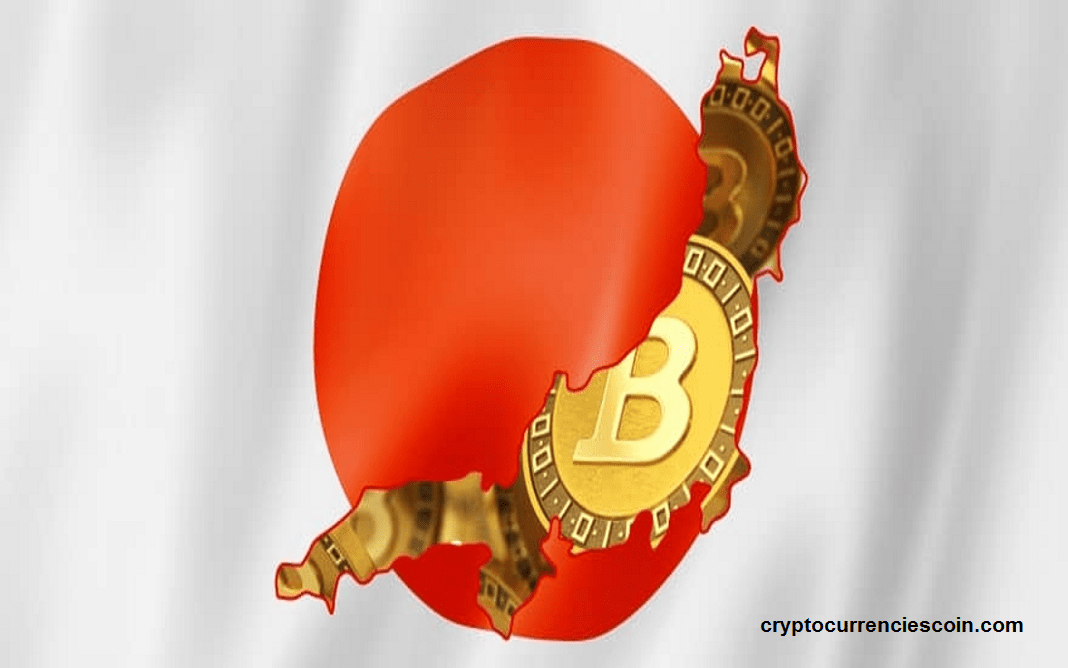





To ban cryptoexchange is not a solution